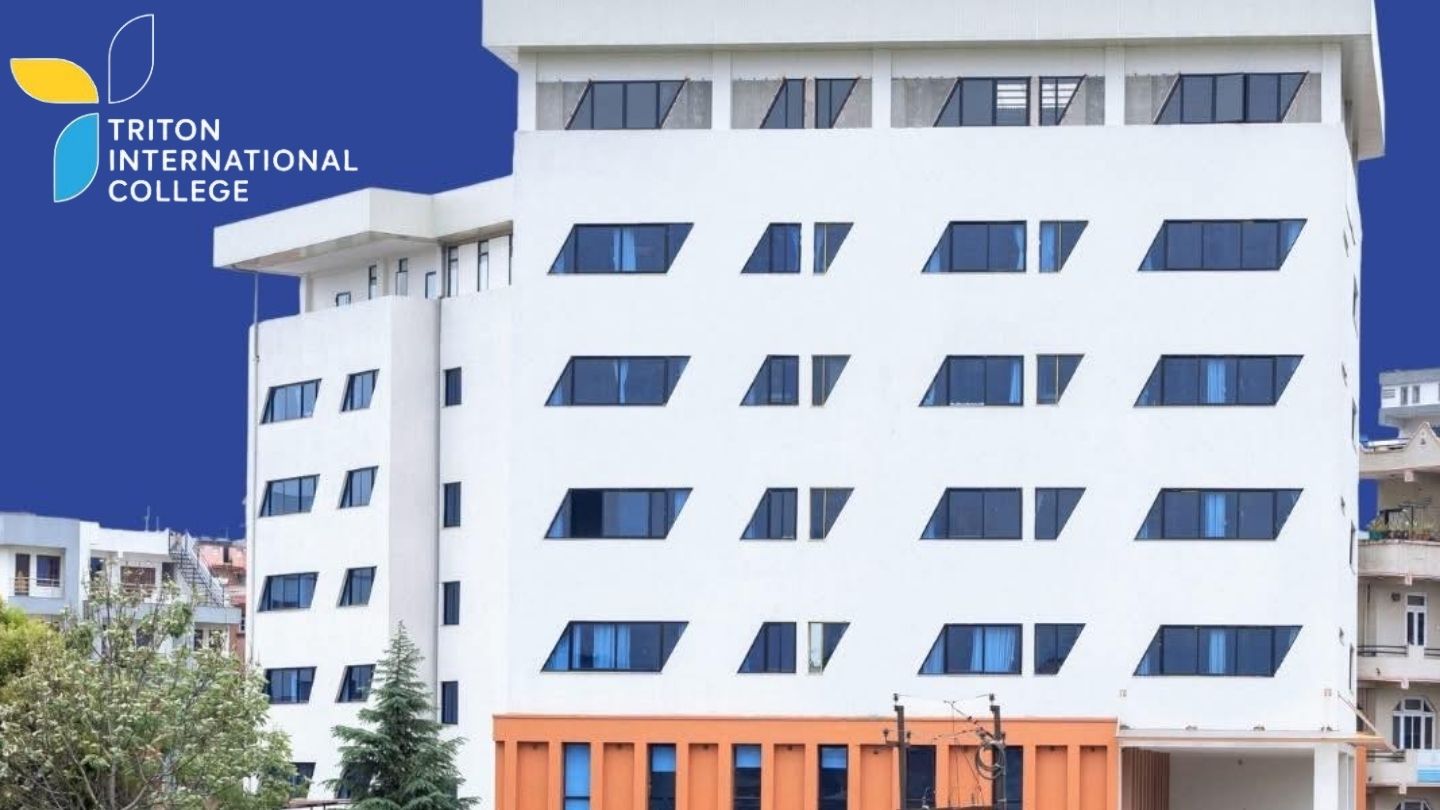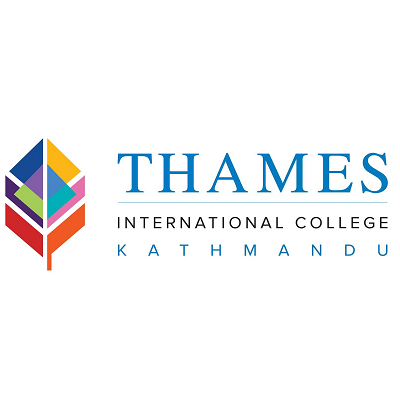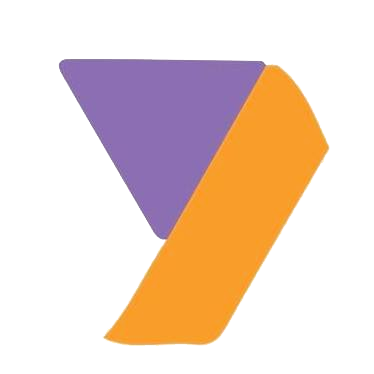Overview
BA Psychology at Triton International College, Koteshwor
BA Psychology at Triton International College, Koteshwor runs under Tribhuvan University. The program serves students who want a clear route into psychology with a focus on Nepali contexts.
You learn core ideas, research methods, statistics, and applied areas such as counseling and organizational behavior. The course follows the university’s semester framework and uses continuous assessments, written exams, and practical work. Students track admissions, eligibility, and session updates through official notices before joining.

Highlights
-
Tribhuvan University affiliation with semester-wise evaluation.
-
Strong foundation in theory, research, and applied psychology.
-
Practical exposure through class projects, observations, and field tasks.
-
Emphasis on writing, presentation, and basic statistical analysis.
-
Library and computer access to support reading and data work.
Curriculum Details
The curriculum draws from psychology’s major branches so you build range and depth across the degree. Early semesters introduce the discipline, core concepts, and scientific thinking. You learn how psychologists study behavior and mental processes, why research ethics matter, and how culture shapes experience.
Mid-program courses usually include:
-
Research Methods and Statistics: Sampling, measurement, reliability, validity, hypothesis testing, and basic analysis. Students practice data entry and interpretation using statistical tools.
-
Developmental Psychology: Growth and change across the lifespan, with focus on childhood, adolescence, and aging in Nepali families.
-
Social Psychology: Social perception, attitudes, group influence, prejudice, and prosocial behavior.
-
Cognitive Psychology: Attention, memory, language, problem solving, and decision making.
-
Personality Theories: Trait, psychodynamic, humanistic, and social-cognitive views; assessment basics and report formats.
Advanced and applied options often include:
-
Abnormal Psychology: Classification, clinical features, and evidence-based approaches; emphasis on ethical referral and support pathways.
-
Counseling Psychology: Helping skills, rapport, boundaries, and structured sessions; role-plays and case notes for practice.
-
Industrial/Organizational Psychology: Motivation, job analysis, selection, training, performance appraisal, and well-being at work.
-
Educational Psychology: Learning conditions, assessment, classroom behavior, and study skills for school settings.
-
Health Psychology: Stress, health behavior, patient communication, and community health promotion.
Seminar and term-paper requirements strengthen academic writing. Students submit assignments that use clear referencing, tables, and figures. Final semesters bring an independent project or mini-research that demonstrates topic selection, tool design, data collection (where applicable), analysis, and discussion.
Objectives
-
Build scientific habits for observing and explaining behavior.
-
Develop competence in research methods, statistics, and ethical practice.
-
Strengthen writing, presentation, and collaboration skills.
-
Connect psychological knowledge to needs in schools, clinics, workplaces, and communities.
Scope
BA Psychology opens routes in education, social development, health outreach, human resources, and entry research roles. Graduates support programs in schools and municipalities, assist counselors under supervision, and contribute to surveys or project documentation. Many students continue study at the master’s level in psychology or related fields such as social work, public health, or education.
Learning Outcomes
By graduation, students are expected to:
-
Explain major theories and findings across cognitive, social, developmental, and personality domains.
-
Apply research steps from question framing to interpretation and reporting.
-
Use basic statistics to summarize results and test simple hypotheses.
-
Write structured reports with clear sections, citations, and appendices.
-
Demonstrate ethical awareness when handling people, records, and sensitive topics.
Skill Development Modules
Skill growth occurs steadily through:
-
Method Labs: Tool selection, item writing, and pilot testing for surveys or checklists.
-
Statistics Practice: Descriptive and inferential techniques using spreadsheets or statistical software available at the college.
-
Counseling Micro-skills: Listening, questioning, paraphrasing, goal setting, and session summaries through guided role-plays.
-
Observation and Field Notes: Classroom, community, or workplace observations with reflection sheets.
-
Presentation Clinics: Short talks, posters, and slide decks that communicate findings to peers and faculty.
These tasks help you learn documentation standards used in agencies and academic settings.
Teaching Methodology
Faculty combine lectures, tutorials, demonstrations, and guided practice. Classes highlight concept clarity and frequent low-stakes assessments. Group discussions and case-based tasks encourage application. Supervisors review outlines and drafts during project stages so you improve logic, citation, and data display. Regular feedback reduces last-minute corrections and supports academic integrity.
Admission Requirements
Applicants must have completed 10+2 or equivalent from a recognized board and meet the current session’s eligibility rules under Tribhuvan University. Students submit application forms, academic records, character certificates, and other required documents within the admission window. An orientation or interview may be scheduled to explain course expectations and academic policies. You should confirm intake dates, seat information, and any bridging requirements from official notices before applying.
Career Opportunities
Graduates often begin as:
-
Education Support: Classroom assistant, learning support aide, or school counselor assistant under supervision.
-
Community Programs: Mobilizer, program assistant, or outreach worker in NGOs and municipal projects.
-
Human Resources: Recruitment support, training coordination, or employee well-being assistant.
-
Research and Documentation: Survey assistant, enumerator, data entry and cleaning, or report support roles.
-
Health and Social Care: Psychosocial support assistant in clinics or community health initiatives under qualified supervision.
Portfolios that include research reports, observation logs, and presentation slides strengthen early applications. Students planning for clinical or professional specialization should map postgraduate routes early and track eligibility requirements.
Scholarships and Financial Aid
Scholarship notices appear each intake cycle. Criteria can include academic performance, entrance outcomes (where applicable), and internal evaluation. Applicants should review current calls, prepare supporting documents, and submit within the timeline.
Why Choose This Course?
Students who want a balanced psychology degree value the mix of theory, research, and applied tasks. The program builds habits that matter in real work: accurate records, careful analysis, clear writing, and ethical conduct. The structure supports steady progress and provides evidence of skills through assignments and a final project.
Conclusion
BA Psychology at Triton International College offers a clear academic path under Tribhuvan University. Students learn core and applied psychology, practice research and statistics, and build communication skills for early roles or further study. You should verify the current admission window, eligibility rules, and scholarship terms from official notices before submitting forms.




















